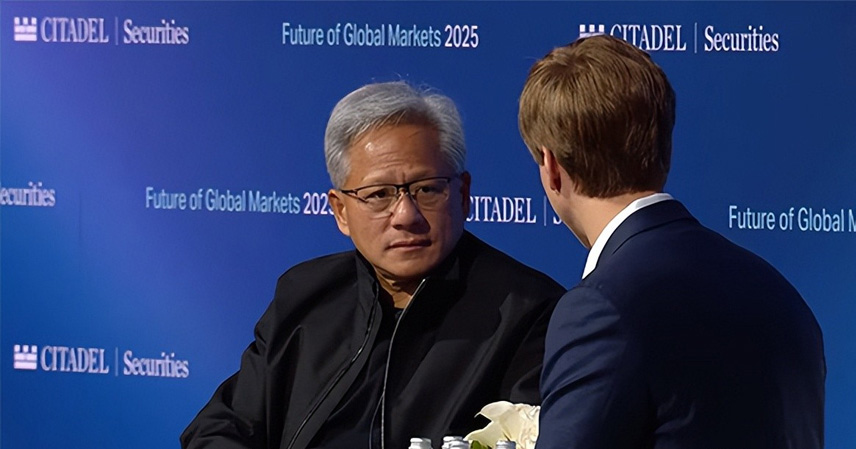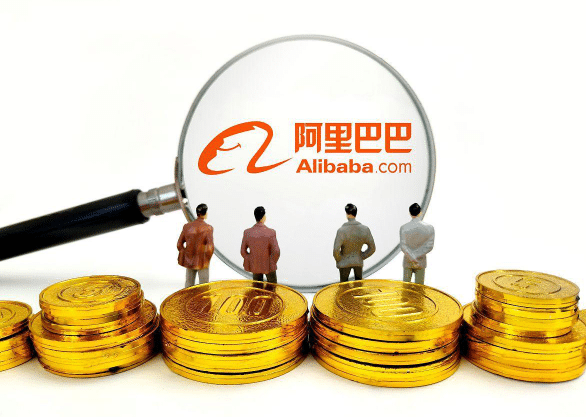When Nvidia’s share of China’s advanced chip market plunged from 95% to zero, the news stunned the global tech community. On October 18, Le Monde published a striking commentary quoting Nvidia CEO Jensen Huang, who lamented the company’s total withdrawal from China, calling it a “policy failure” that cost the U.S. access to the world’s largest semiconductor market.
But the French outlet went further — it suggested that China’s spirit of “If you block me, I’ll build it myself” might have triggered one of the most dramatic technological turnarounds in recent years.
From U.S. Sanctions to Self-Reliance
The timeline of this conflict traces back to October 2022, when then–President Joe Biden restricted Nvidia from exporting high-performance AI chips to China. The Trump administration later tightened those curbs, even banning the sale of Nvidia’s “H20” chips, which were custom-designed for China.
At the time, analysts feared China’s AI industry would face a devastating “chip choke.” But events took a surprising turn. Nvidia, unable to bear the losses, lobbied Washington for permission to resume exports, offering to hand over 15% of its Chinese sales to the U.S. government in exchange for limited access to the Chinese market.
That temporary relief didn’t last long. In mid-2024, Chinese regulators summoned Nvidia after reports surfaced that the H20 chip had security vulnerabilities. A few months later, in September, the company was placed under antitrust investigation — effectively closing its path back into China.
Now, Huang admits defeat. “It’s unimaginable that any policymaker could think this is a good idea — to push American firms out of one of the world’s biggest markets,” he said at an event in New York, visibly frustrated.
“Hurting China Often Hurts America”
Huang’s comments reflect a growing sentiment among U.S. tech leaders: Washington’s zero-sum approach to competition with China may be doing more harm than good. He warned that the U.S. cannot win the AI race by isolating China, noting that China holds nearly half of the world’s AI researchers and some of the most innovative institutions.
“Blocking them from using U.S. technology,” Huang said, “is not just a mistake — it’s self-defeating.”
The Rise of China’s AI and Chip Ecosystem
While Nvidia’s exit marked a symbolic retreat, Chinese tech giants quickly filled the vacuum. inkl, an Australian outlet, reported that Huawei’s AI chip development could challenge Nvidia’s dominance within three years.
At the same time, China’s AI industry has been gaining global attention. Earlier this year, DeepSeek, an AI research startup, achieved a major breakthrough with its DeepSeek-R1 model, earning a feature in Nature. Using a Mixture-of-Experts (MoE) architecture, DeepSeek’s engineers achieved high efficiency with limited computing power — a testament to Chinese innovation under pressure.
Analyst Bo Zhengyuan from Plenum Consulting told Le Monde that China’s consensus is now clear: “Despite obstacles, China is accelerating its technological breakthroughs.” He emphasized that China’s 14 billion–dollar digital market and massive data ecosystems make it a natural testing ground for AI.
Moreover, the government’s national strategy has identified AI as a “core area to surpass the U.S.” By 2030, China aims to control one-third of the world’s semiconductor foundry capacity, a goal seen as both ambitious and achievable given recent progress.
Market Confidence and the “DeepSeek Effect”
DeepSeek’s success sparked what media dubbed the “DeepSeek Effect” — a surge of confidence and capital across China’s tech sector. Shares of Cambricon, a leading domestic AI chipmaker, quadrupled in 2024 and doubled again in 2025, becoming one of Shanghai’s top-performing stocks. Meanwhile, Alibaba announced a ¥380 billion (≈US$52 billion) investment in AI infrastructure, sending its stock soaring.
As Le Monde observed, “Across China, the spirit of ‘You block me, I’ll build it myself’ is driving technological innovation.”
Lessons for the U.S. and the Global Tech Order
In the end, the politicization of technology may have backfired on Washington. By weaponizing trade policy and national security, the U.S. not only stifled global semiconductor progress but also pushed China toward self-sufficiency faster than anyone anticipated.
For China, every blockade has become an incentive to innovate. For the U.S., every sanction risks alienating its own companies. And for the world, the result is a more multipolar tech landscape — one no longer dominated by a single power.
As one Chinese netizen wrote, “If they block us, we’ll build it ourselves. That’s the spirit that built this country — and it’s the same spirit that will carry us through the AI era.”



